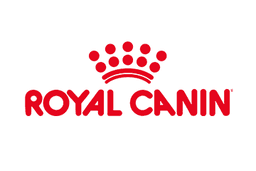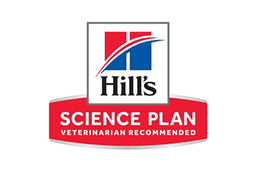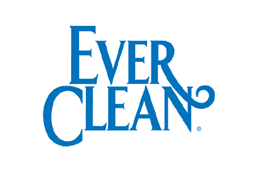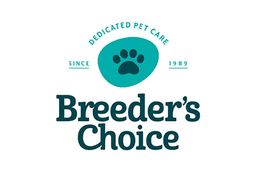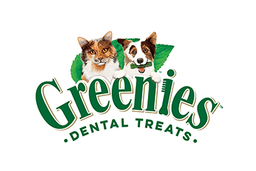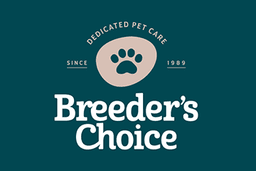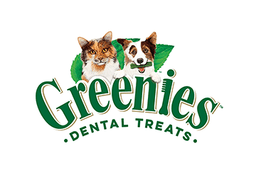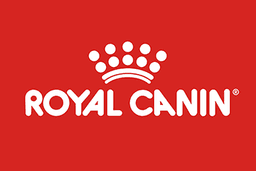Cats can make beautiful pets and keeping a healthy happy cat needn’t be hard work - but it does require care and attention on your part.
That means in addition to providing a warm, safe space to sleep, eat and play, you should stay on top of preventative health - and keep an eye out for any signs that your cat might be unwell.
Here are a few pointers.
A comfy bed and balanced diet
Like all of us, cats need a comfortable space to call their own. Ensure their bed is well-protected from the elements and they always have a clean litter box.
Food and water should be kept away from kitty litter. Cats are carnivores and for good health they need a balanced diet of good quality wet and dry cat food, ideally spread over four or five small serves a day.
In addition to good quality cat food, cats can have small amounts of raw human-grade meat or bones, finely-chopped vegetables, or fish including salmon, sardines and tuna in springwater. The RSPCA recommends steering clear of cooked meat or sausage meat, as these contain sulphite preservatives. Never feed a cat milk as it can cause gastrointestinal upsets.
Some foods are toxic to cats, including onion, garlic, coffee, chocolate, nuts, bread and yeast, fruit stones and seeds, raisins and sultanas, tomatoes, corn, and mushrooms. Small pieces of bone or large pieces of vegetable can also cause your cat to become ill.
Keeping a healthy happy cat stimulated
Cats have a natural hunting instinct, and they can get bored easily. So it’s essential to play with your pet and keep them stimulated. This is especially important for indoor cats.
A scratching post is an ideal start, and there is a whole variety of great cat toys. Ones with objects on the end of a string or wind-up mice can be fantastic, and some cats like laser lights which you can point around the home for them to chase.
You can read more about cat stimulation and enrichment here
Grooming your cat
While cats tend to self-clean they do need regular brushing to help maintain a smooth coat. Brush long-haired cats daily and others twice a week.
The importance of preventative healthcare
There are several vaccinations that are recommended to ward off common diseases such as feline enteritis and feline respiratory disease - your vet will be able to provide the full list. A good quality flea and worming treatment is also needed.
Staying alert for signs of trouble
In addition to a good preventative health routine, it is important to keep an eye out for any signs that something might be amiss.
The first step is a visual check. Your cat’s skin and coat should be smooth and eyes clear. If you find clumps of matter, flakes of dry skin or any discolouration or discharge in the eyes, it might indicate a health issue. Your cat’s gums should be bright pink and their teeth white (no yellow or black). And their stools should be firm.
Other signs of potential problems include lethargy, loss of appetite, drinking more or less than usual, diarrhea, weight change, swelling, bleeding or a limp. If you notice any of these, or anything else that seems unusual, then take your cat in for a vet for a check as soon as you can.
Routine care can help you avoid costly vet bills and maintain your cat's wellbeing. Keeping your cat well-homed, fed and stimulated will help them lead a happy life – and be the ideal companion that we all know cats are.



